Half of people with cancer survive but lack of progress for some forms of disease is worrying experts.
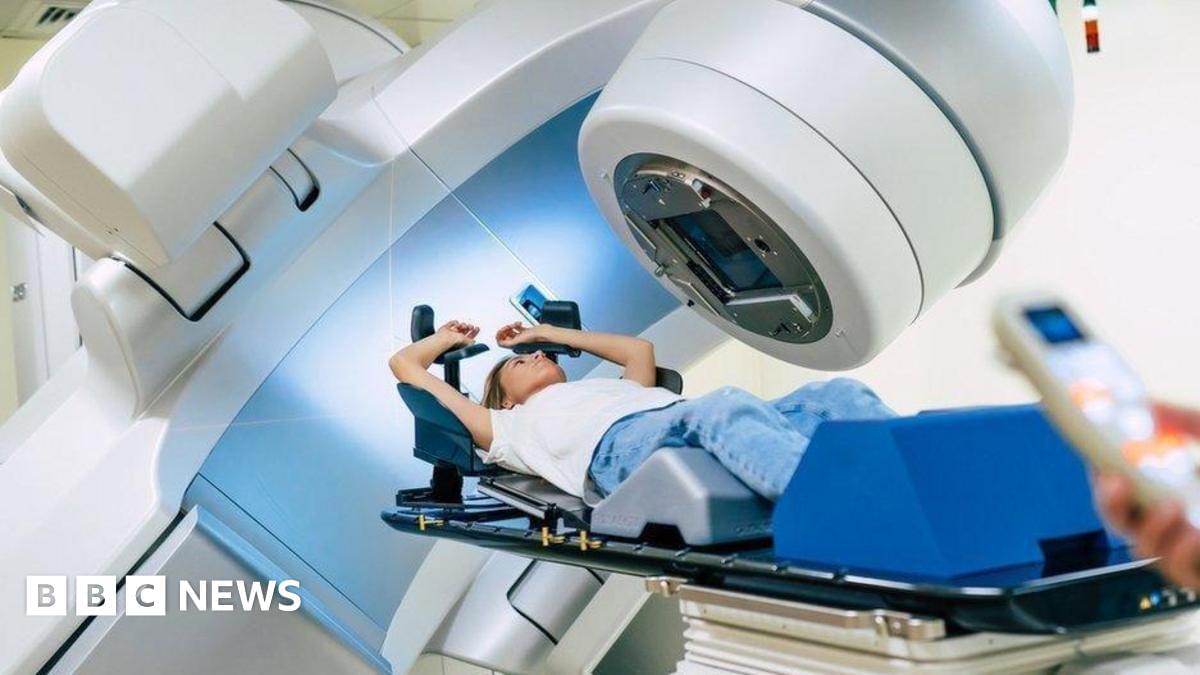

A lab-grown brain that mimics real brain function may offer breakthroughs in autism, schizophrenia, and mental health drug testing.
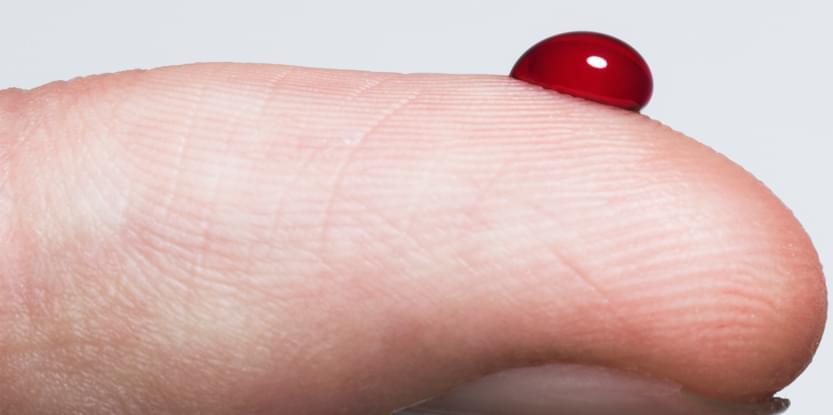
The idea of taking blood from the young to rejuvenate the elderly is getting an increasing amount of attention from scientists, and a new study has shown how some of the youthful properties of our skin can be restored with this kind of blood swap.
A special 3D human skin model was set up in the lab by researchers, who then tested the effects of young blood serum on the skin cells. By itself, the serum had no effect, but when bone marrow cells were added to the experiment, anti-aging signals were detected in the skin.
It appears that the young blood serum interacts with the bone marrow cells in specific ways to roll back time in skin cells. The study was led by scientists from Beiersdorf AG, a skin care company in Germany, who say their findings have huge potential in helping us understand anti-aging mechanisms.
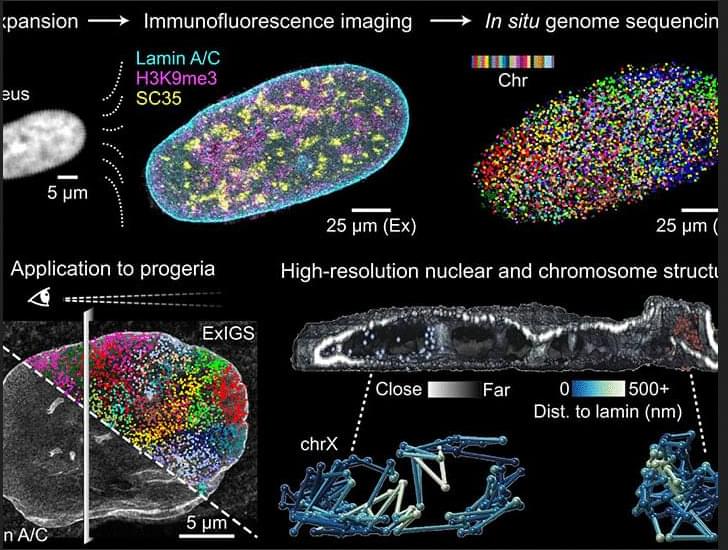
Great paper which combines expansion microscopy and in situ genome sequencing to map chromatin structure and selected protein targets in cellular nuclei. ExIGS was then used to explore how lamin protein and genome organization within nuclei changes during aging. #systemsbiology
Microscopy and genomics are used to characterize cell function, but approaches to connect the two types of information are lacking, particularly at subnuclear resolution. Here, we describe expansion in situ genome sequencing (ExIGS), a technology that enables sequencing of genomic DNA and super-resolution localization of nuclear proteins in single cells. Applying ExIGS to progeria-derived fibroblasts revealed that lamin abnormalities are linked to hotspots of aberrant chromatin regulation that may erode cell identity. Lamin was found to generally repress transcription, suggesting that variation in nuclear morphology may affect gene regulation across tissues and aged cells. These results demonstrate that ExIGS may serve as a generalizable platform with which to link nuclear abnormalities to gene regulation, offering insights into disease mechanisms.

Researchers have demonstrated that brain cells learn faster and carry out complex networking more effectively than machine learning by comparing how both a Synthetic Biological Intelligence (SBI) system known as “DishBrain” and state-of-the-art RL (reinforcement learning) algorithms react to certain stimuli.
The study, “Dynamic Network Plasticity and Sample Efficiency in Biological Neural Cultures: A Comparative Study with Deep Reinforcement Learning,” published in Cyborg and Bionic Systems, is the first known of its kind.
The research was led by Cortical Labs, the Melbourne-based startup which created the world’s first commercial biological computer, the CL1. The CL1, through which the research was conducted, fuses lab-cultivated neurons from human stem cells with hard silicon to create a more advanced and sustainable form of AI, known as SBI.

Underwater adhesives have long posed a challenge to materials scientists, with few solutions capable of delivering instant, strong, and repeatable adhesion in challenging marine and biomedical environments. Now, a team of researchers has leveraged machine learning (ML) and data mining (DM) —inspired by natural adhesive proteins—to engineer next-generation super-adhesive hydrogels that work instantly underwater.
Published in Nature, the study introduces an end-to-end data-driven framework that starts with protein sequence extraction and ends with a scalable hydrogel synthesis method. The results are materials that can seal high-pressure leaks, attach securely to rough, wet surfaces, and even function in living tissue.
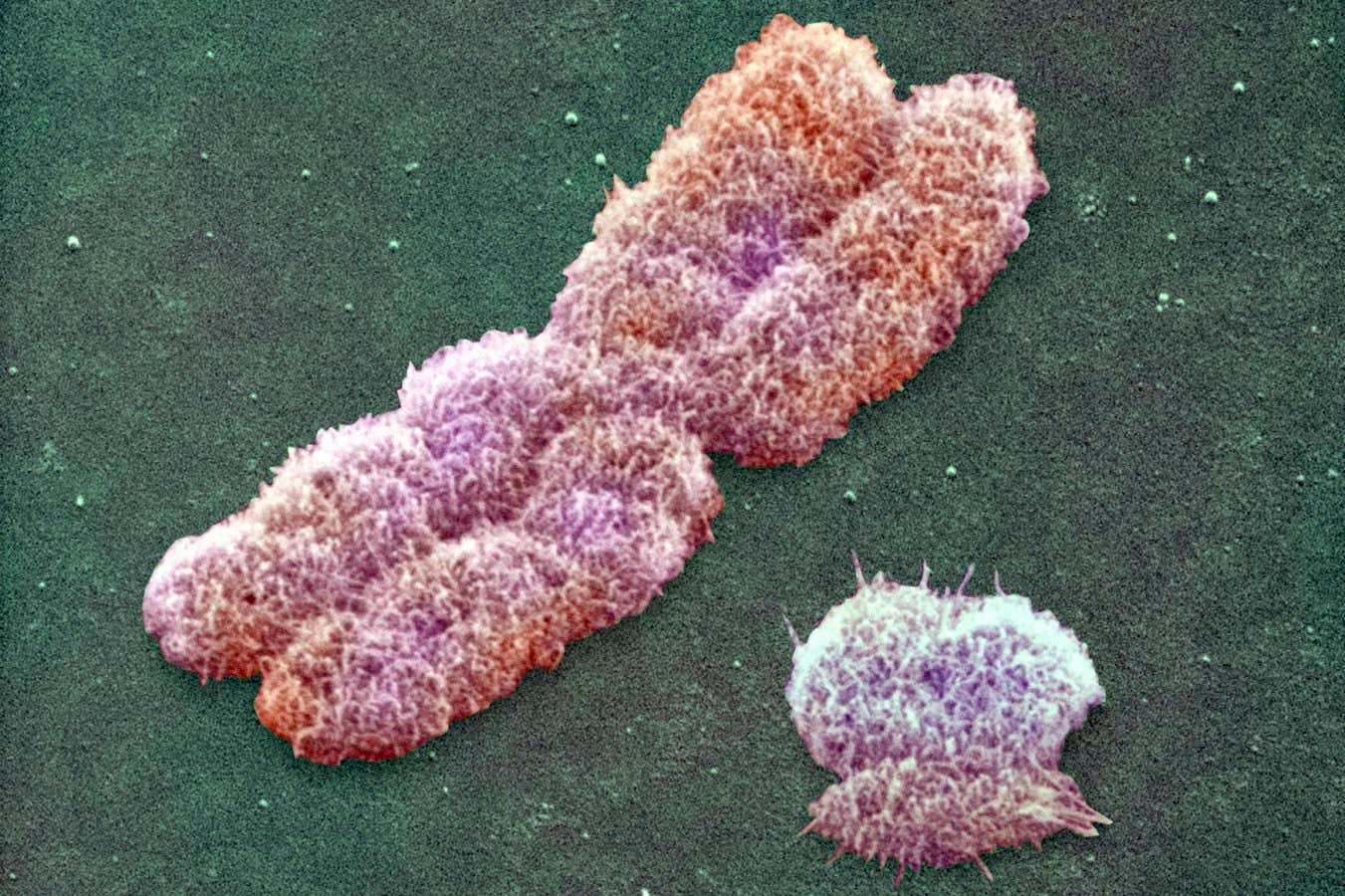
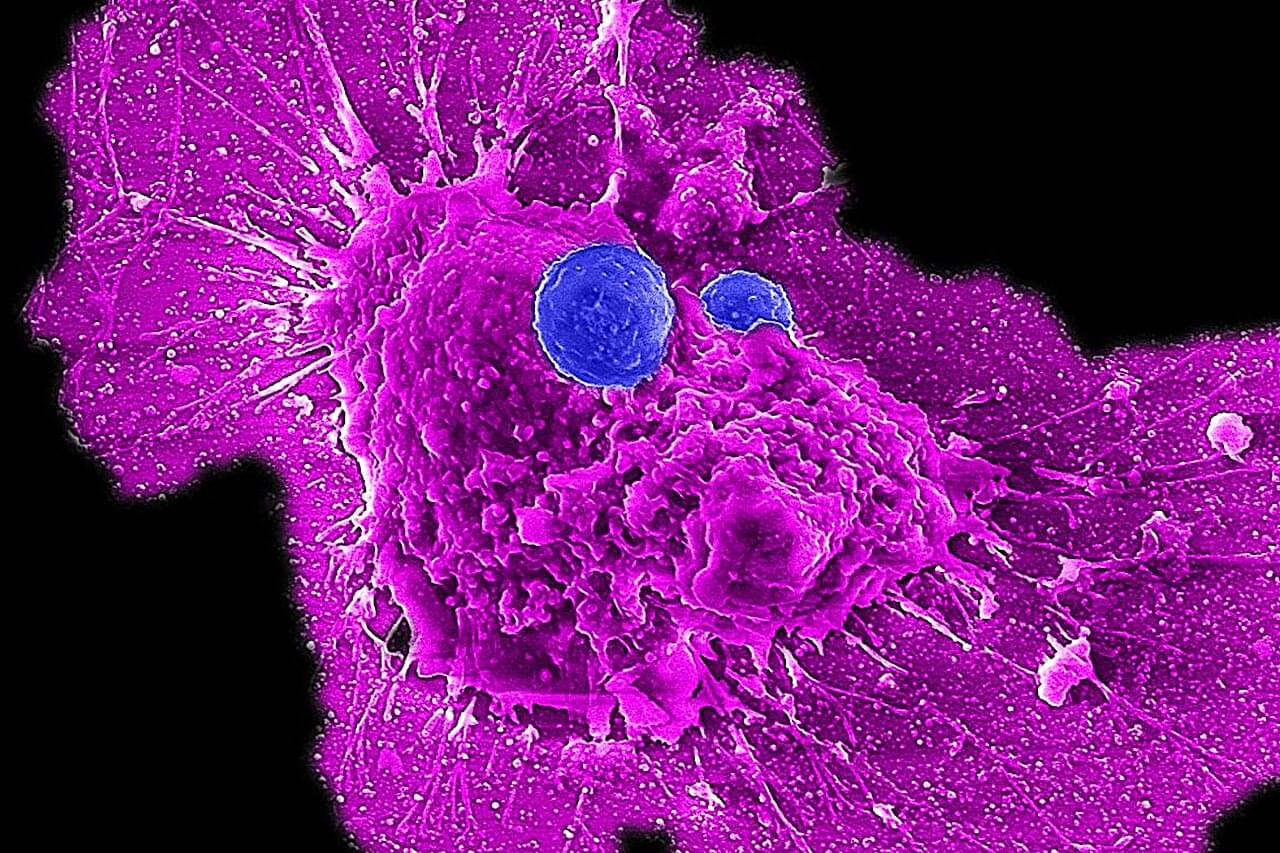
Ovarian cancer is the leading cause of death among women with gynecological cancers. The current medical playbook—surgery followed by chemotherapy—initially shows promise. Tumors shrink, sometimes disappearing entirely. But in more than 80% of patients, the cancer not only comes back, but returns more aggressive and increasingly resistant to the very treatments that once seemed effective.
But now, there could be new hope. In a study published in the journal Med, UCLA researchers have detailed their development of a new type of immune cell therapy, called CAR-NKT cell therapy, that could transform ovarian cancer care by delivering superior cancer-fighting power.
“This is the culmination of over a decade of work in my lab and represents over six years of collaboration with gynecologic oncologist Dr. Sanaz Memarzadeh,” said co-senior author Lili Yang, a professor of microbiology, immunology and molecular genetics and a member of the Eli and Edythe Broad Center of Regenerative Medicine and Stem Cell Research at UCLA.
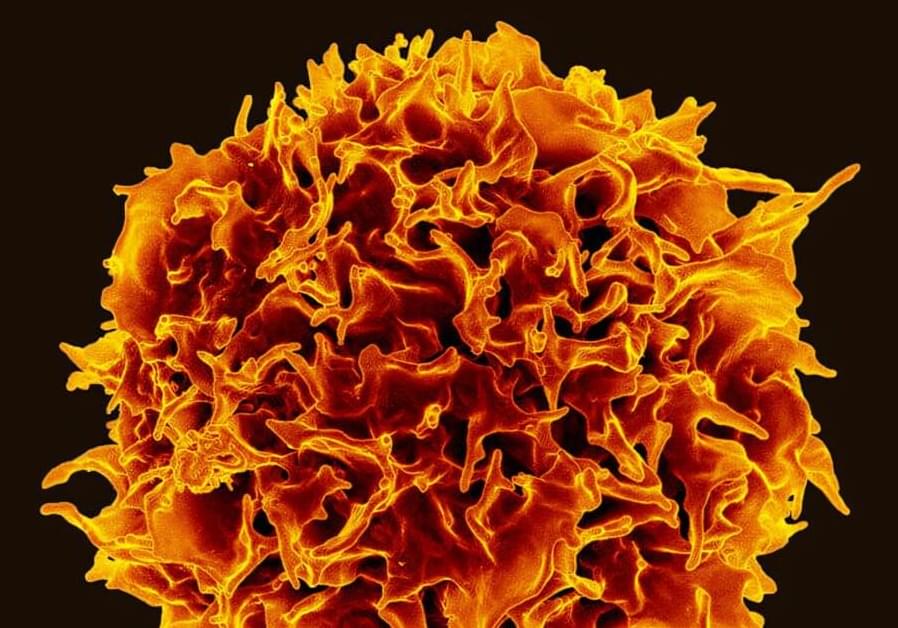
In a discovery that could expand the array of current cancer immunotherapy treatments, scientists at Harvard Medical School have identified a new molecular brake that hinders the ability of T cells to attack tumors.
The research, published in Nature Immunology, offers a new pathway to design treatments that help more patients—a welcome development given that current cancer immunotherapies work in less than half of those who receive them.
The research, done in mice and in human cells, shows that a protein called STUB1 restrains the immune system’s elite cancer-fighting CD8+ T cells. It does so by interfering with immune-signaling receptors—particularly one for the molecule IL-27—that are crucial for T cells’ ability to mount a vigorous anti-tumor response.
The emergence of two-dimensional (2D) materials has catalyzed significant advancements in the fields of piezotronics and piezo-phototronics, owing to their exceptional mechanical, electronic, and optical properties. This review provides a comprehensive examination of key 2D piezoelectric and piezo-phototronic materials, including transition metal dichalcogenides, hexagonal boron nitride (h-BN), and phosphorene, with an emphasis on their unique advantages and recent research progress. The underlying principles of piezotronics and piezo-phototronics in 2D materials is discussed, focusing on the fundamental mechanisms which enable these phenomena. Additionally, it is analyzed factors affecting piezoelectric and piezo-photoelectric properties, with a particular focus on the intrinsic piezoelectricity of 2D materials and the enhancement of out-of-plane polarization through various modulation techniques and materials engineering approaches. The potential applications of these materials are explored from piezoelectric nanogenerators to piezo-phototronic devices and healthcare. This review addresses future challenges and opportunities, highlighting the transformative impact of 2D materials on the development of next-generation electronic, optoelectronic, and biomedical devices.
This review examines advancements in 2D materials, focusing on their applications in piezotronics and piezo-phototronics. It discusses key materials like TMDs, h-BN, and phosphorene, highlighting their unique mechanical, electronic, and optical properties. The review delves into the mechanisms of piezoelectricity, explores applications such as nanogenerators and biomedical devices, and describes the future and challenges in 3D integration of 2D materials.